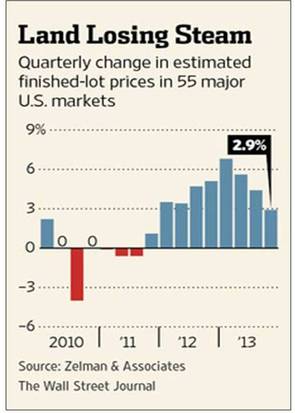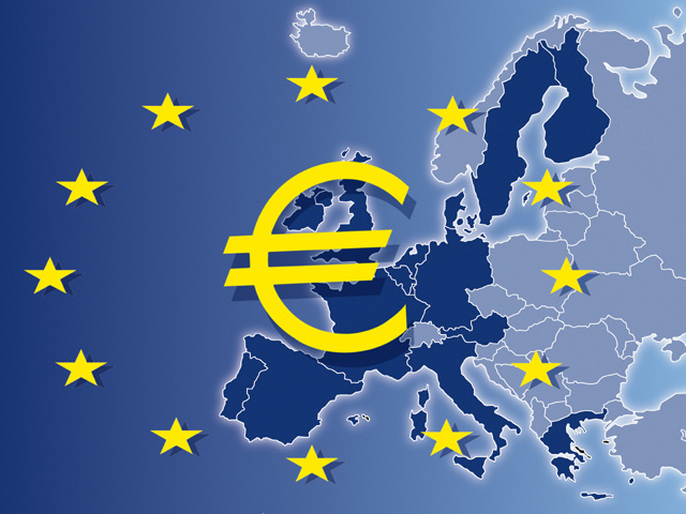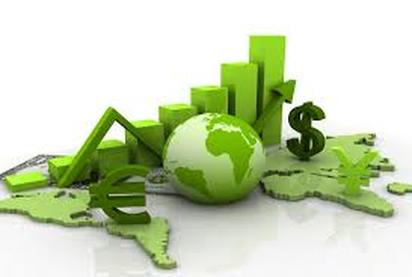|
There tensions surrounding Ukraine are easing. With those tensions out of the way, stocks rallied when Putin called his troops back from their military exercise. The spate of soft data hasn't budged his strong outlook for the economy, St. Louis Fed chief tells CNBC. Formerly a fence-sitter leaning hawkish, Bullard titled dovish late last year - constantly reminding too-low inflation was just as much of a worry as what economic growth was doing. He's about-faced in 2014, now leaning hawkish and taking every opportunity to tell people it's probably the weather causing the recent slowdown. Moving away from geopolitical events, the prices of homes may increase, especially following the excellent year we had last year. Although the increase in prices may not be as dramatic as last year, do expect a mediocre rise in prices. The land on which homes are built also plays a large role in housing prices. With the average age of the US population slowly creeping up (more on that later) housing prices may face a lower slope in the long-term. This play very well into was mentioned in the first paper: perhaps private equity and hedge funds are buying many residences (there is record of increased buying) to eventually create a new security based on renal payment streams. As mentioned before but certainly worth repeating; is that President Obama has allotted congress more money to fix and build infrastructure, as needed. This seemingly routine move by Obama has deep implications for our growth, and the growth of international companies. Improved infrastructure will not only make us safer, but also facilitate the ease of flow for goods, domestic and, more importantly, abroad. As this was being written, Putin called back his troops from their “military exercise.“ There is definite interest in recapturing former soviet states, however, Russia is too deeply in debt and the value of the Ruble (obviously the main trading tool) has increase dramatically, it is unclear if Putin plans to pay off the debt overhang or purchase equipment f or an upcoming invasion. Watching the actions Putin takes with the increased value of the currency is crucial to not only determining the fate of Yugoslavia, but also determining an increase of orders for suppliers. In keeping with Eurozone actions, the ECB will be conducting a stress test (in stress tests the government authorities, simulate a massive withdrawal of captal to ensure that the bank can handle a liquidly withdrawal and function [make/pay loans, deposits etc..]). The ECB hopes to restore market confidence in the financial condition of eurozone banks by conducting a "comprehensive assessment," including a stress test, of 130 of the largest ones, representing 85 percent of eurozone banking assets. The strong ones will be certified, while the weak ones will be obliged to recapitalize themselves. Link The US economy added ~175k new jobs, yet the unemployment rate still jumped 10 basis points. Why? The author thinks that with the unemployment rate steadily dropping, this perhaps giving more hope to jobless individuals. With more motivated individuals there are most likely individuals who are “long term” unemployed thus the increased number of people in the sample size increases. Possibly 175k more people entered the statics, thus skewing the data. The brings up another point, if the unemployment rate can rise when more jobs were created than forecast, that is an ominous sign for the unemployment rate.
“As for declining labor force participation? It's a secular trend, not cyclical, he says.” A pullback from the current rate of economic growth is highly unlikely. Despite the overt upbeat tone and nature of this piece, there could be another pullback brewing. Many Chinese companies are deeply in debt, and the first corporate default has just occurred, and there is, for the first time, no government support for them. Also, the equity markets keep breaking new highs, as they should during a unrestrained growth period. “Many regular columnists speak about how the stock market is poised for a drop, and that could very well happen, however, as mentioned above it really does seem like fundamental indicators are pointing towards a continued improvement. ”Political risk expert Ian Bremmer from Eurasia Group is calling this crisis "the most seismic geopolitical events since 9/11."
1 Comment
|
Archives
August 2014
Categories |




 RSS Feed
RSS Feed
